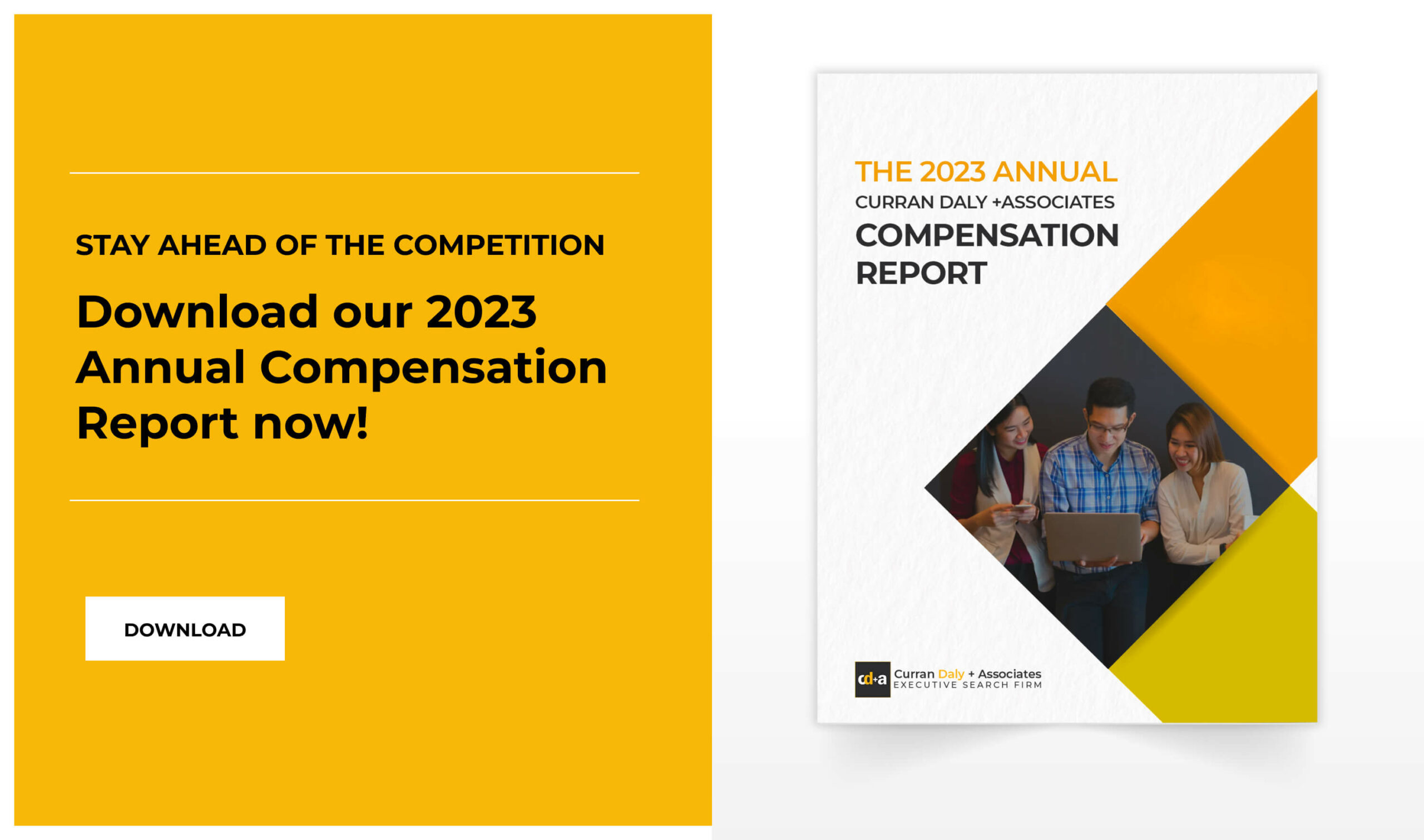- The pandemic has dramatically impacted the workforce resulting in an increase in career changers looking for a more balanced work and personal life, higher pay, improved work culture, and more excellent career growth opportunities.
- By leveraging the unique skills, knowledge, and perspectives of individuals who have made a switch, organizations can gain invaluable insight into different industries, methods, and processes.
- Hiring career changers adds diversity and innovation to teams—both essential elements for successful businesses in today’s competitive landscape.
- By communicating, motivating, and maximizing the experience that career changers have, companies can benefit by properly managing and utilizing the skill set of these individuals.
A candidate comes to you with their resume, and you’re a little stunned – they have had a good job, own a respectable home, they’ve been offered some excellent career progression plans over the years, but here lies their resume in front of you and you find yourself thinking, why?
It looks like a midlife career change. What would you do? Would you take a chance on them?
In this blog, we talk about this growing trend, how it can be an excellent opportunity for building up your workforce, and what you can do as a manager to develop these people in your organization.
The Trend – New Directions
According to Live Science, Yahoo Finance, and Parade Magazine, 56% of all U.S. employees are actively trying to switch careers or planning to; an estimated 60% are midlife workers. These statistics are catching on and are predicted to flow into other global markets.
The pandemic has dramatically impacted the workforce, with 20% of workers already deciding to switch careers based on a Prudential survey. Even more remarkable is that 46% of employees are contemplating changing their career paths, according to Microsoft’s data.
Aside from it, other factors that influenced this life change included a more balanced work and personal life, higher pay, improved work culture, and more excellent career growth opportunities.
Midlife Career Changes or “Changers” aren’t uncommon. At the midpoint of life of a primary career, many find themselves bored, empty, worn out, restless, or craving something “more.” It could be because their first career happened more as an effort to meet expectations, please their parents, or simply to make a living, where the “choice” or feeling of choice was taken out of the equation. Other times, it could just be a change in one’s personal life that often occurs in one’s mid-life.
Whatever the reason, midlife career changes are a growing trend today, as studies indicate, so it’s something managers may want to examine closer.
Opportunities – Why should you consider hiring a midlife career changer?
- Drive and Passion
In the ever-waging war for talent, it is always wise to look at your options, including talent pools that you might have yet to consider. Not only could you recruit someone with a lot of experience – the kind of experience your organization may need and other candidates may be lacking – but you could also source someone more attuned to the position. Midlife career changers are changing their career to something they are passionate about. They are more aware of what they are good at; therefore, they would be more aligned with the position than a fresher candidate who has not had the experience to know if this is what they want.
It’s also important to remember that career changers or candidates with more experience from other fields or positions have transferable skills regardless of how many career detours they may have taken.
- The risk of making a “bad” hire is reduced
Mid-life career changers have experience. Their work histories and performance are longer and more easily checked; furthermore, background and reference checks are easier to perform and are more accurate. SHRM studies show that 49% of employers feel that a person’s time in the labor force is a positive hiring factor.
- Mentors
Even when starting as a “newbie,” older workers can teach by example. The Society for Human Resource Management (SHRM) highlights the need for younger employees to have role models and “unofficial” mentors to learn about workplace etiquette.
- Revolutionary Concepts
Hiring people from various industries and walks of life can exponentially expand your business’s value. By bringing in cutting-edge ideas and an innovative approach, they can inject new life into your business and inspire the rest of their team. By hiring career changers, you can bring in a diverse range of skills that will help to rejuvenate your workforce and create an atmosphere where employees are interested and willing to challenge the status quo. Such individuals can also provide fresh perspectives on established practices, policies, and procedures. By utilizing this, you will effortlessly ensure that your business remains ahead of the competition and is constantly progressing.
- Promotes Diversity
With employees from various backgrounds and experiences, companies enjoy increased diversity and invigorated organizations. Embracing this practice and approach demonstrates respect for differences and a commitment to tapping into the best talent pool. By constructing teams of different skill sets, organizations open up entirely new markets, channeling their recruitment practice into uncharted areas and paving the way for success. This method increases the chance for new ways of thinking to introduce themselves across all organizational levels and presents boundless opportunities for expansion.
Related:6 Benefits of Diversity in the Workplace and Why It Matters
The Keys to Success – tips to manage the mid-life career changer
- Communicate
As with our tips in previous blogs, managing people always requires clear and open communication. Do not assume that just because a more experienced individual received the job, they already have an understanding of your expectations. Unlike yourself, they come from varied backgrounds and have faced numerous management styles. When assigning projects or tasks, ensure that the objectives are clearly defined along with a measurement of success. This will help you to track progress and determine when each project is completed successfully.
- Motivate
Bear in mind that age gaps can create particular challenges; there are also different motivations for different generations.
Millennials were especially likely to transition into a new field of work following the onset of the coronavirus pandemic, and many had more than five years’ worth of prior professional experience.
Tailor your rewards and benefits to benefit their lifestyle and interests. For instance, advancement potential is likely less important than being rewarded for a good job. Instead, foster meaningful work and social relationships; older workers hold these motivating factors in higher esteem than monetary or career progression-based rewards.
- Take advantage of experience
Experienced professionals make the perfect mentors for younger employees and provide businesses with a dependable, informed resource that can be leveraged. In exchange, younger employees can offer their “reverse mentoring” experiences in technology and social media.
Final thoughts
Midlife career changes, or “Changers,” have become increasingly common.
Now more than ever, people are embracing the opportunity to take risks and explore paths that may have seemed out of reach at an earlier stage in life.
People’s priorities often shift as they age, which leads them to seek new opportunities and create meaning in their lives through a different line of work.
Every company can reap the rewards of hiring career changers and use their diverse skills to elevate the business.
These midlife transitions provide individuals with a renewed sense of purpose and excitement and supply the workforce with valuable new perspectives.
How about you? What do you think about this growing trend? Share your insights and ideas with us. Have or would you hire someone changing careers midlife?









0 Comments